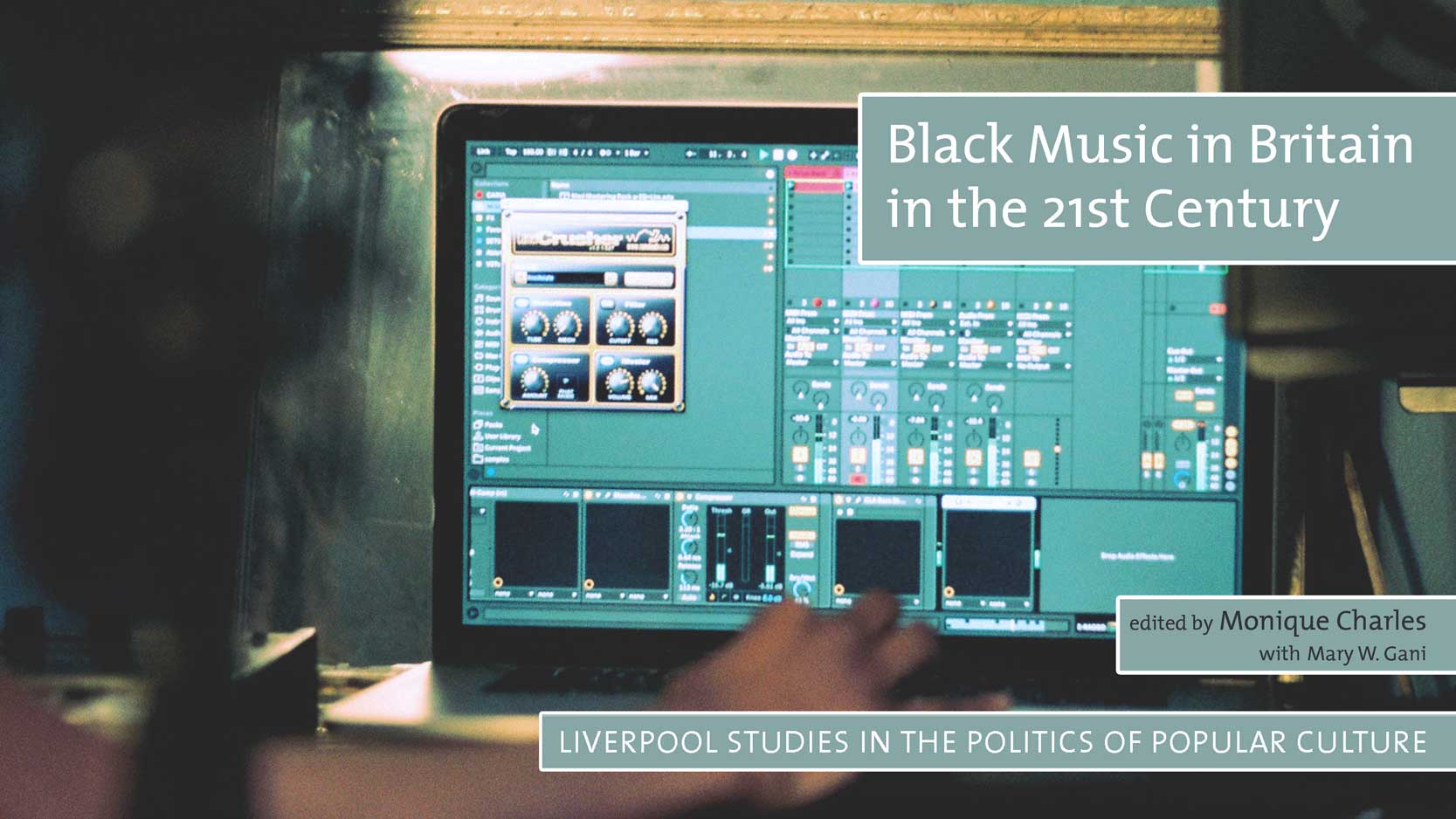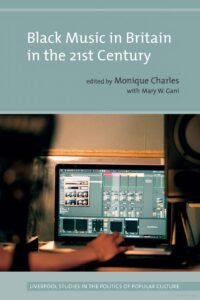Black Music in Britain in the 21st Century

 The new book “Black Music in Britain in the 21st Century” (published by Liverpool University Press and edited by Dr Monique Charles) is a landmark publication that provides a comprehensive overview of contemporary black music in the UK and the influences it had in modern-day British society. As a contributor to the book, I co-authored a chapter with my colleague Roy Wallace that focuses on the lost inheritance of UK Reggae and Sound System culture.
The new book “Black Music in Britain in the 21st Century” (published by Liverpool University Press and edited by Dr Monique Charles) is a landmark publication that provides a comprehensive overview of contemporary black music in the UK and the influences it had in modern-day British society. As a contributor to the book, I co-authored a chapter with my colleague Roy Wallace that focuses on the lost inheritance of UK Reggae and Sound System culture.
As someone who has both studied and actively participated in this culture, I feel that this book is an important contribution to the academic world and a much-needed documentation because so much of the documentation and publications of the history of Black Music in the UK are often compiled from a third-person perspective, which can sometimes distort the truth and fail to capture the feelings and emotions of the experience.
Reggae and Sound System culture has been an integral part of the British music landscape since the 1950s, when the Windrush generation brought their musical traditions with them from the Caribbean. The UK experience of Reggae and Sound System culture was different from that of its counterpart back in Jamaica and the wider Caribbean, but its contribution to the international development of the culture and music was equivalent.
Despite the significant impact of Reggae and Sound System culture on British music, there are very few grassroots practitioners of the music and culture, such as Sound System owners, DJs, and producers, who cross over into the academic world.
Being a recognised academic and an authentic practitioner and advocate of the music and culture, this book has given me the opportunity to document my experience from a first-hand real-life perspective, demonstrating the challenges that communities such as Black and Ethnic Minorities faced as a result of practicing and embracing their heritage.
The chapter offers a detailed history of Reggae and Sound System culture in the UK, highlighting the key players and moments that shaped its development. It also explores the process of how the music and culture was depolarised which led to elements of the music and culture being repackaged and branded as popular culture, resulting in a loss of authenticity and a failure to honor the contributions of the original practitioners. This is an important issue that needs to be addressed in order to ensure that the real origins of the culture are not lost.
Despite the pitfalls the chapter celebrates the resilience of the culture and music and the people who have kept it alive, often against the odds.
Overall, “Black Music in Britain in the 21st Century” is a great piece of work for the academic world to officially document the history of Black Music in the UK. While the book just scratches the surface of the rich history of the culture, it provides an important resource for anyone interested in learning more about this important aspect of British history. I highly recommend it to anyone who wants to gain a deeper understanding of the contribution of Black and Ethnic Minority communities to the cultural landscape of the UK.

